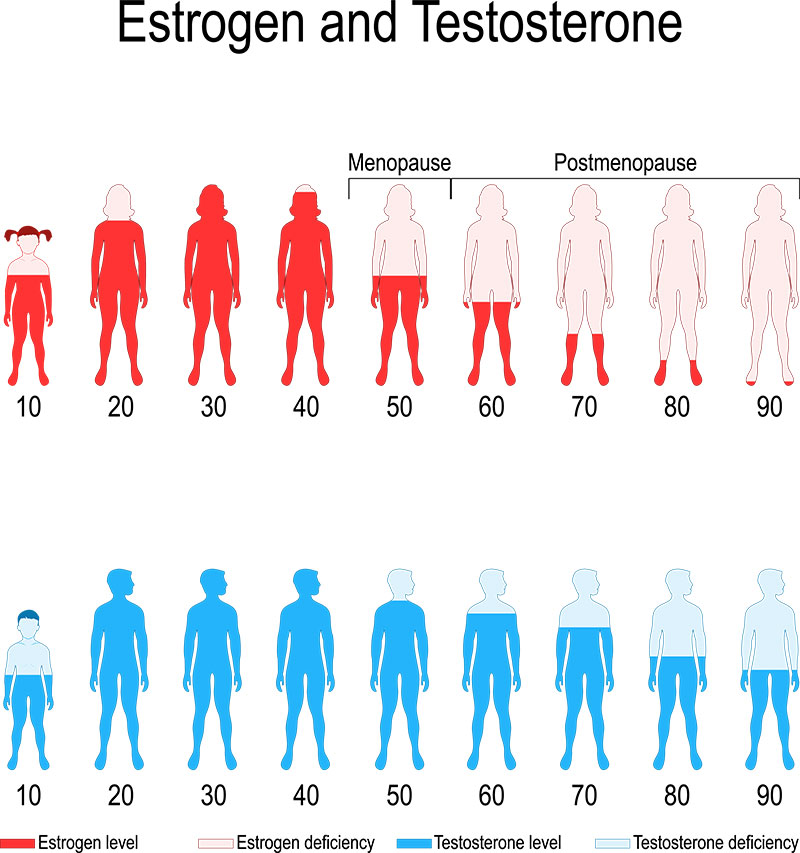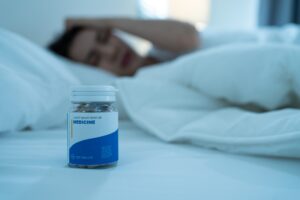This video explores three fundamental pillars of longevity for men and women in midlife and beyond: structured resistance training, replacement of declining hormones, and a protein-rich clean-food diet. The aim isn’t just to live longer, but to live better—staying active, functional, and vibrant even into our 60s, 70s, and beyond.
1. Resistance Training: The Foundation of Functional Aging
Resistance training isn’t about marathons or extreme cardio—it’s the intentional overload of muscles and bones that stimulates growth and resilience. As we age, muscle mass, bone density, balance, and even cellular and mitochondrial function begin to decline. Regular strength training preserves and rebuilds these systems, helping to prevent frailty, falls, and chronic health issues.
- Build bone strength: Weight-bearing exercises preserve or increase bone mineral density.
- Maintain muscle mass: Helps avoid sarcopenia—the age-related loss of muscle.
- Support metabolic health: Muscle improves glucose uptake and cardiovascular function.
- Boost brain and cellular health: Resistance training supports mitochondrial resilience.
According to the National Institute on Aging, older adults benefit most from a combination of strength, balance, and flexibility exercises done consistently throughout the week.
2. Hormone Replacement Therapy: Supporting Vitality

As hormone production declines—especially testosterone in men and analogous hormones in women—energy, cognition, lean mass, and mental clarity often suffer. Under medical supervision, hormone replacement therapy (HRT/TRT) can restore hormone levels to a healthy normal range, improving quality of life without pursuing supraphysiological levels.
- Enhances daily function: Increases energy, mental clarity, and motivation.
- Supports muscle and bone health: That same skeletal foundation benefits from balanced hormones.
- Reduces visceral fat and metabolic risk: Helps manage cholesterol, blood pressure, and glucose.
“Managed replacement therapy… allows my body to work normally.”
A 2019 systematic review published in PubMed concluded that testosterone therapy in hypogonadal men significantly improves muscle mass, bone density, and sexual function, with an acceptable safety profile when properly managed by physicians.
3. Prioritizing Protein & Whole‑Food Nutrition
Building muscle and supporting recovery demands high-quality protein—especially in older adults, whose protein needs per kilogram are higher than younger individuals. As metabolism slows, so do appetites, making it harder to consume sufficient protein within your calorie goals.
- Target ~1 gram of protein per pound of body weight.
- Choose lean, single-ingredient foods: Greek yogurt, eggs, chicken, shrimp, lean cuts of red meat.
- Maintain a calorie balance or slight deficit to manage body fat while preserving muscle.
- Supplement with creatine (e.g., 5–10 g daily) to support muscle and brain health.
Clean eating also supports metabolic and liver health. Foods with minimal processing—think “one-ingredient” items—deliver maximal micronutrients without additives that burden the liver or blood lipids.
Bonus: Health Screenings & Supplements
Routine testing ensures early detection and prevention:
- Blood panels, A1C, lipid profile, liver enzymes
- DEXA scans, calcium scores, PSA, colonoscopies
Also consider supplements like R-alpha-lipoic acid for liver and metabolic health. Research using trusted databases—or AI tools—can help you evaluate these options intelligently.
FAQ
Should I start TRT if I’m under 50?
Not always. Lifestyle improvements may restore hormone levels in younger adults. TRT is more common with age-related decline—but always consult your doctor.
Can creatine cause side effects?
Most people tolerate 5–10 g/day well, but some may experience side effects. Individual response varies, so monitor how your body reacts.
Video Summary
For more evidence-based nutrition and fitness tips, subscribe to our channel:
https://www.youtube.com/@Vitality-and-Wellness
Looking for extra help with your fitness goals? Check out the personalized Nutrition Program at Parkway Athletic Club:
parkwayathleticclub.com/nutrition
Disclaimer: This content is for educational purposes and does not replace personalized medical advice.



